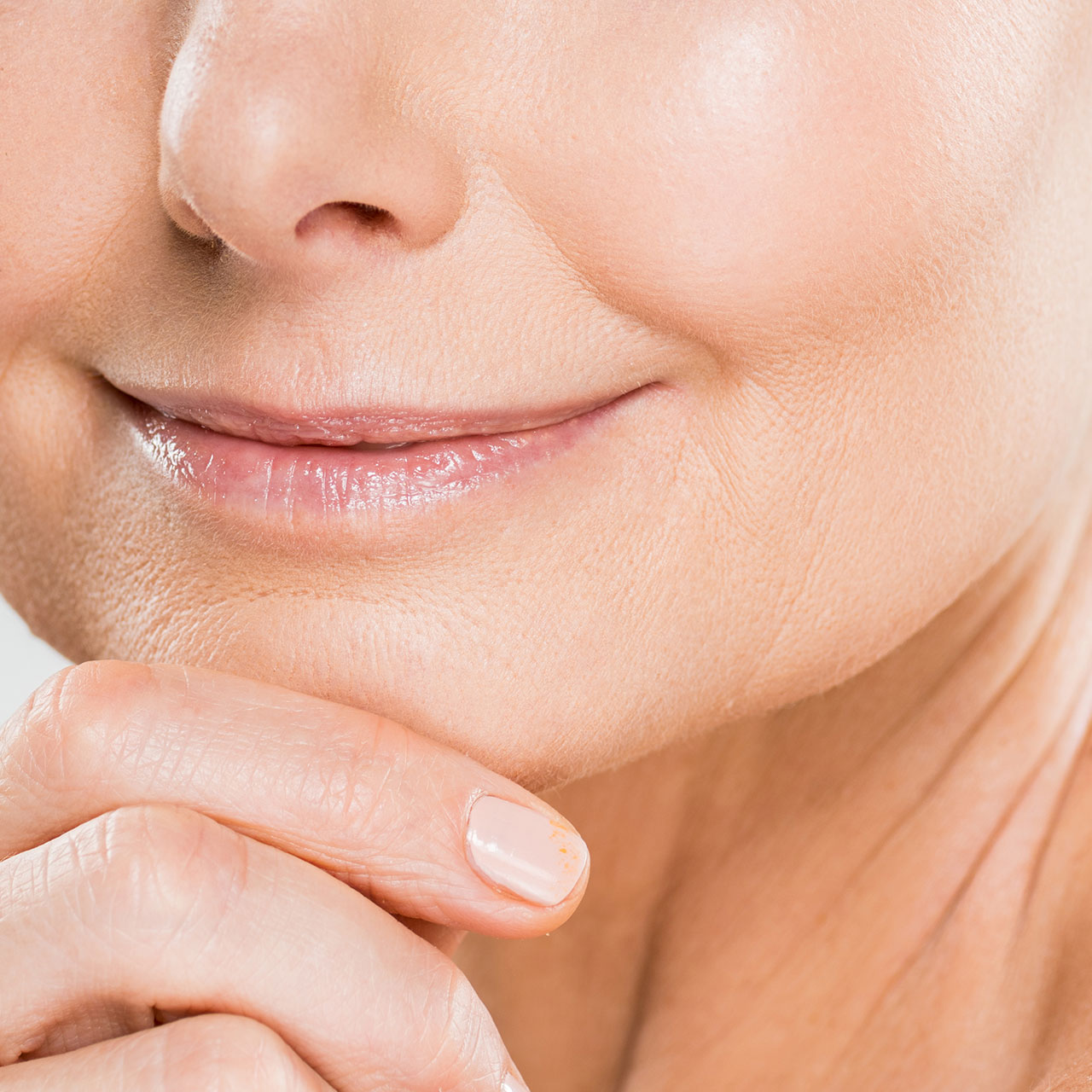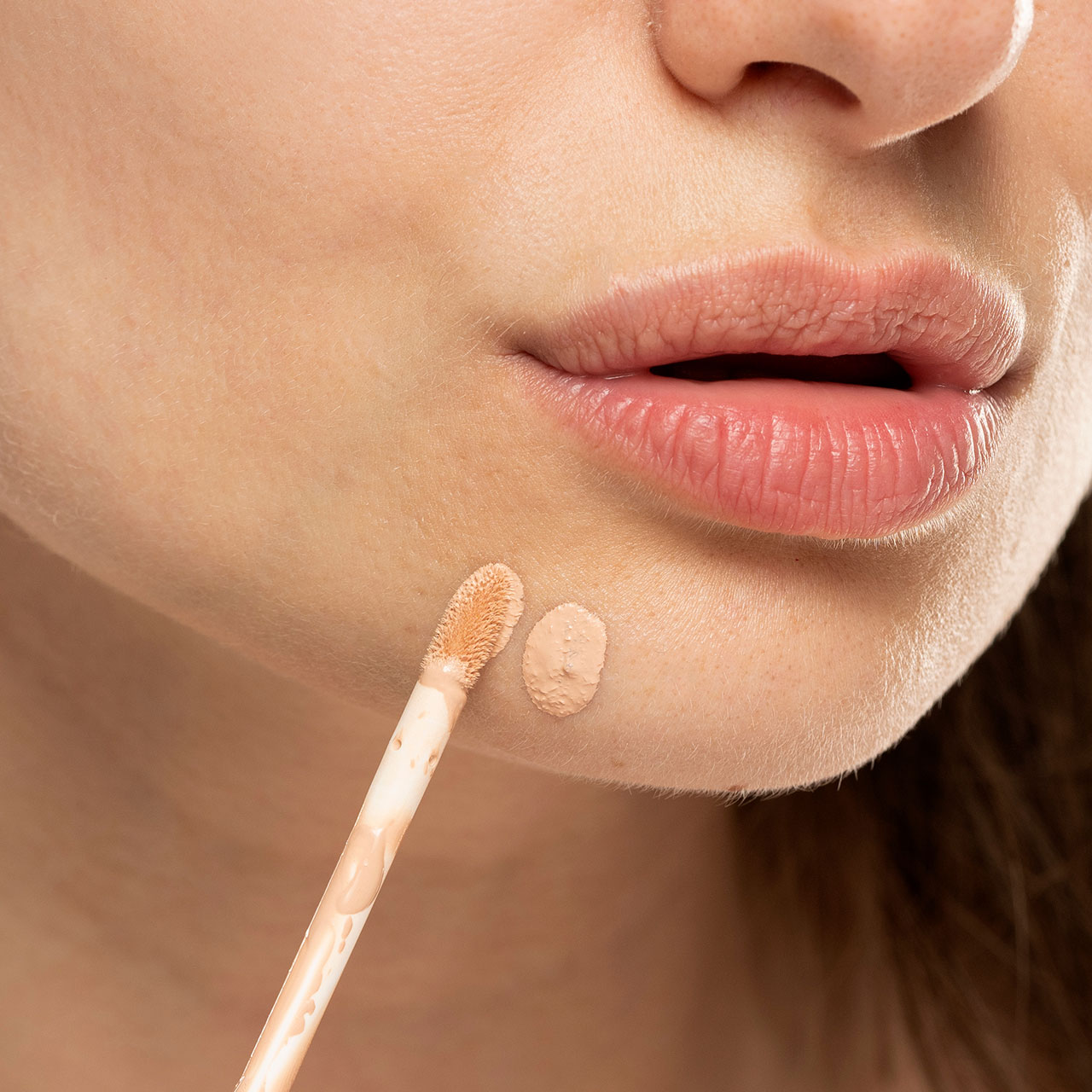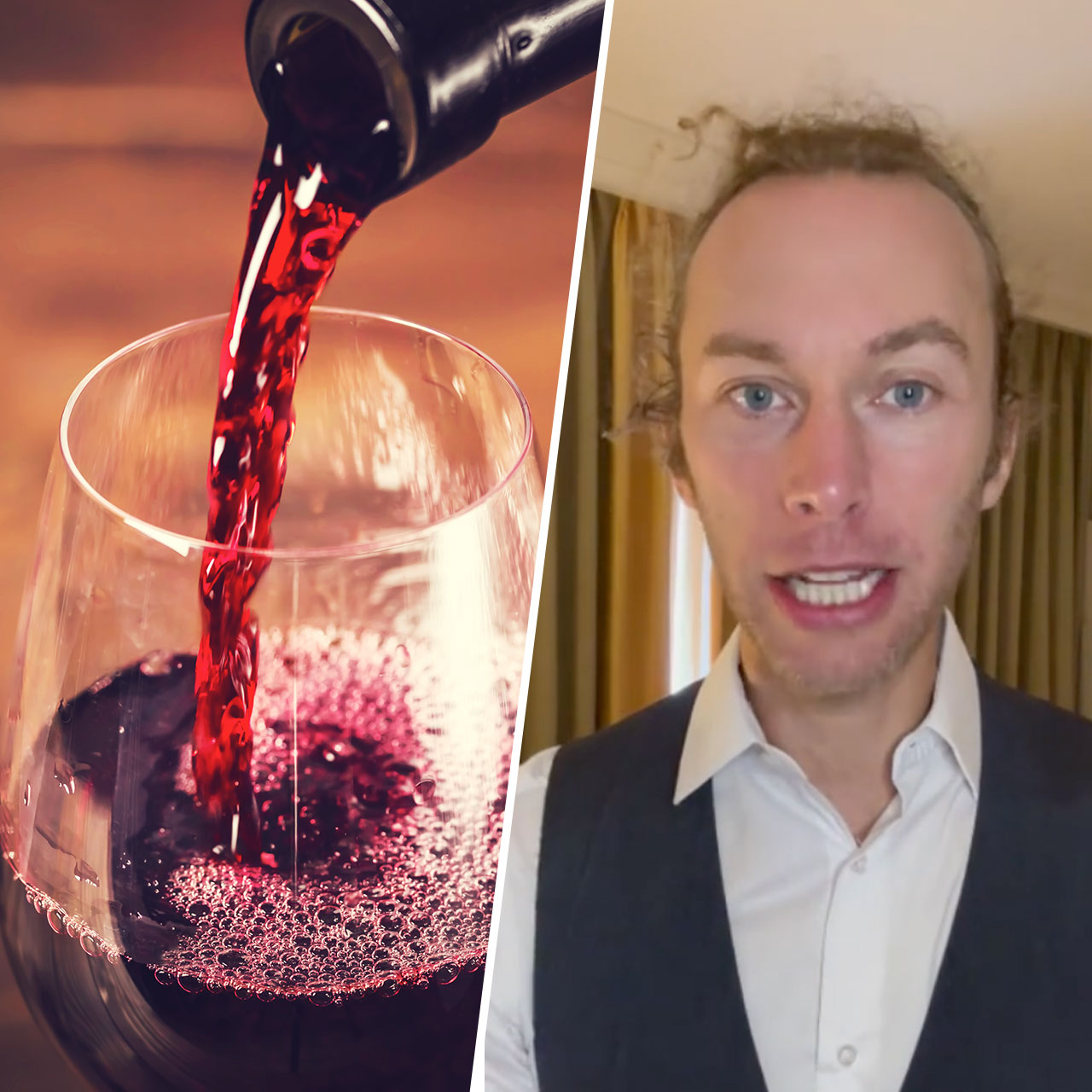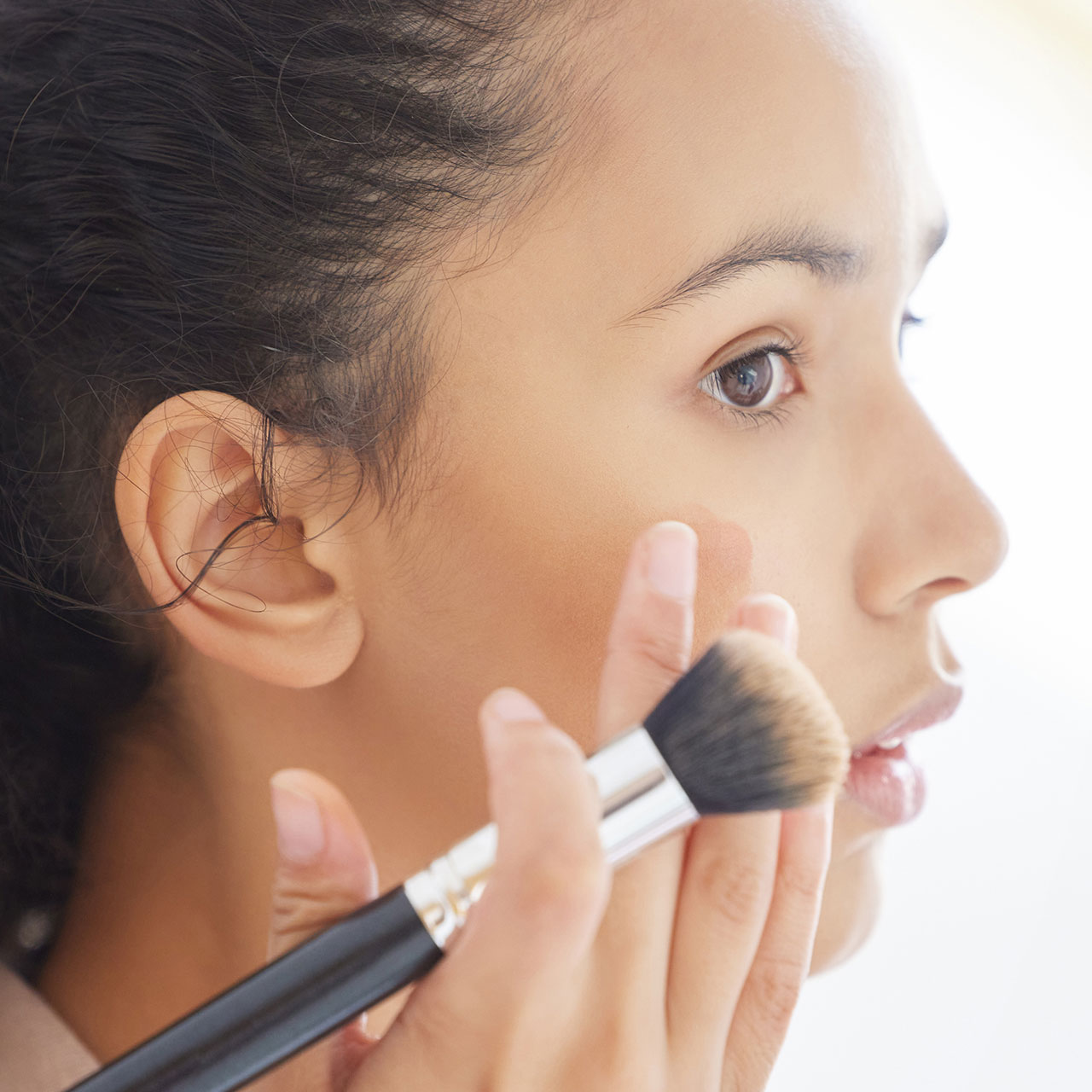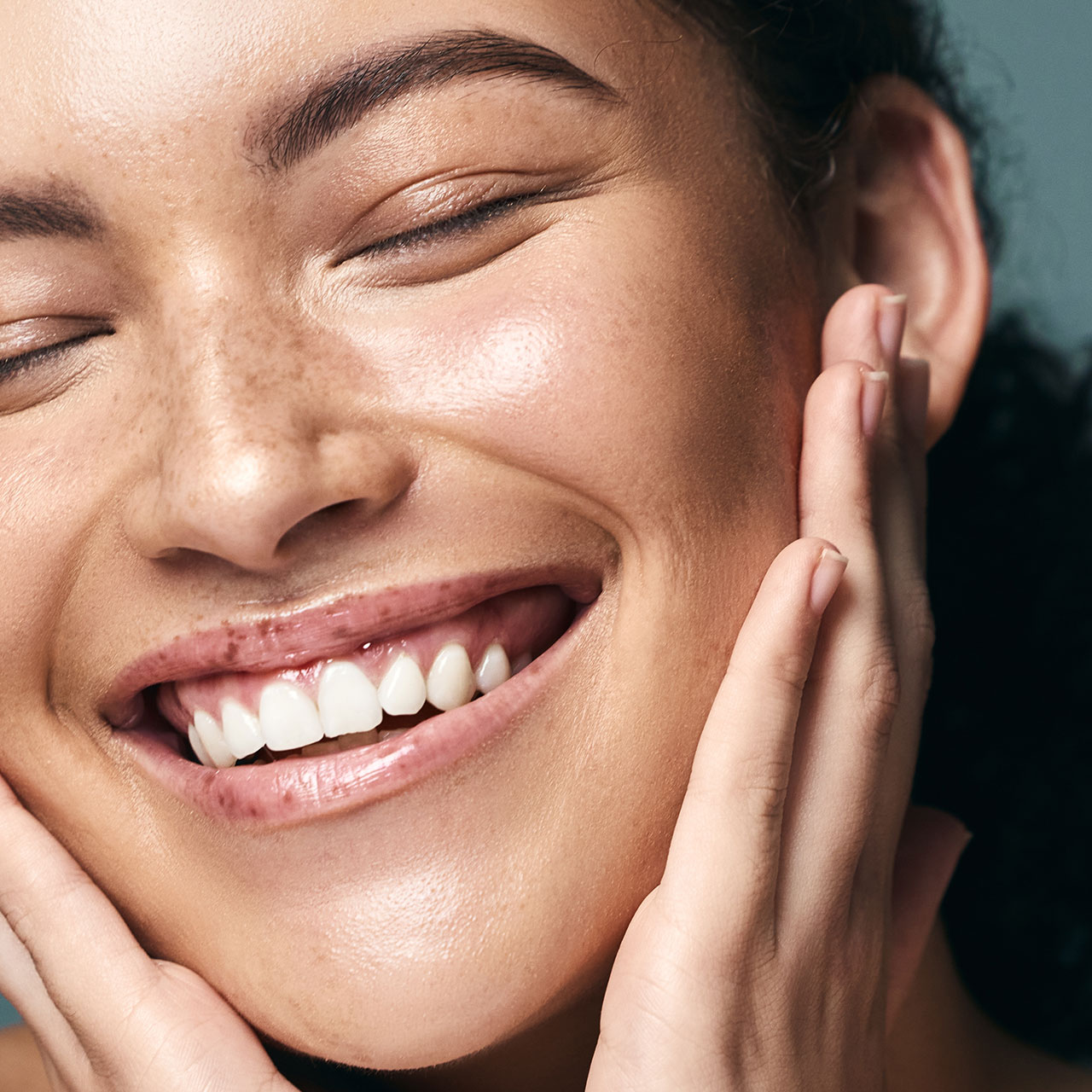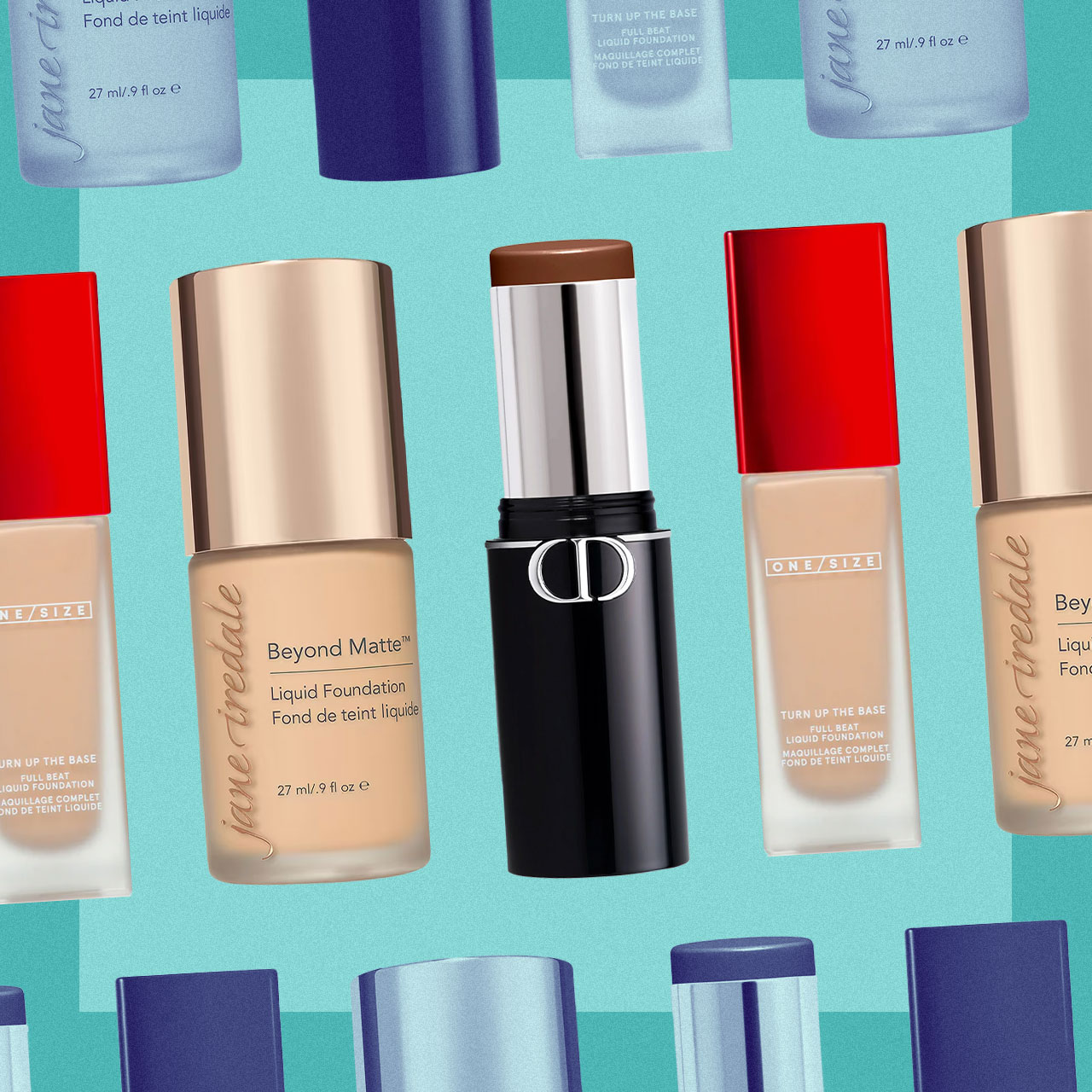Supplements can make promises that make them seem like the holy grail. And when you’re dealing with the stress of a condition like hair shedding and thinning, which is so common in women, yet we don’t talk enough about it, it’s normal to want to grasp onto anything that feels like hope. The obvious problem with clinging to hope and products is that they can wind up costing you a small fortune in the long run. And the less obvious problem is that the supplement market is unregulated — you could be using supplements that aren’t the best for your health or your hair condition.
In fact, according to Dermatologist Dr. Dray, some of the supplements sold to us are ones we should avoid — and that can even cause hair loss (or simply have no effect whatsoever). Here are five hair supplements that Dr. Dray says we should avoid.


Iron
Yes, iron is important for hair growth. Your hair cells rely on iron to divide and many people who come to dermatologists with hair loss are found to be deficient in hair loss. But that doesn’t mean that just because you have hair loss you have an iron deficiency and should take an iron supplement. Mineral and vitamin supplements like iron won’t re-grow hair unless an iron deficiency is your particular issue. If you suspect a deficiency because you are fatigued or are experiencing other symptoms, make sure you get your blood checked to find out if you need extra iron in your diet. There are serious harms that come with taking iron when you don’t need it — including constipation, bloating, and iron overload, causing damage to your organs.

Zinc
Zinc is an essential mineral in your diet and it’s important for hair growth. But zinc deficiency, which can result in hair loss, is not common. If you don’t need more zinc, there is no proof that taking more of it can help hair grow. Zinc supplements can even interfere with your body’s absorption of iron, leaving you iron deficient. Don’t just take a zinc supplement because you hear it’s good for your hair.

Selenium
This antioxidant is present in many hair supplements. Generally speaking, selenium deficiency is rare and usually occurs in places where the soil is deficient in minerals. You can actually get toxic levels of selenium from both supplements and even food, such as overeating Brazil nuts. Plus: there’s no proof that overdoing it with selenium can help hair grow — and toxicity of this antioxidant can even cause hair loss.

Vitamin A
This group of compounds has characteristic skin findings (this is why retinol, a derivative of vitamin A, is such an important skincare product that boost collagen), but hair improvement is not one of vitamins A’s positive effects. Too much vitamin A can even lead to hair loss. If you take a number of different supplements, like cod liver oil and a hair vitamin, this blending of supplements can put you at risk for hair loss because there’s vitamin A in so many supplements. Some signs of vitamin A toxicity can include headaches, blurred vision, problems with bright lights, and consequences with bone health.

Vitamin E
Vitamin E is an antioxidant. Aside from one small study, Dr. Dray says there is not much evidence that taking vitamin E can help with hair growth — and the majority of people are not deficient in vitamin E. Too much vitamin E can interfere with your body’s ability to form blood clots and can cause you to bleed more if you get an accidental cut. If you have surgery and don’t reveal that you’re taking a vitamin E supplement, this could also lead to excessive bleeding.
Bottom line: there just isn’t sufficient scientific evidence that taking any of these supplements in excess is going to help your hair grow or prevent shedding. And there is enough proof that taking too much leads to toxicity and negative health outcomes.








